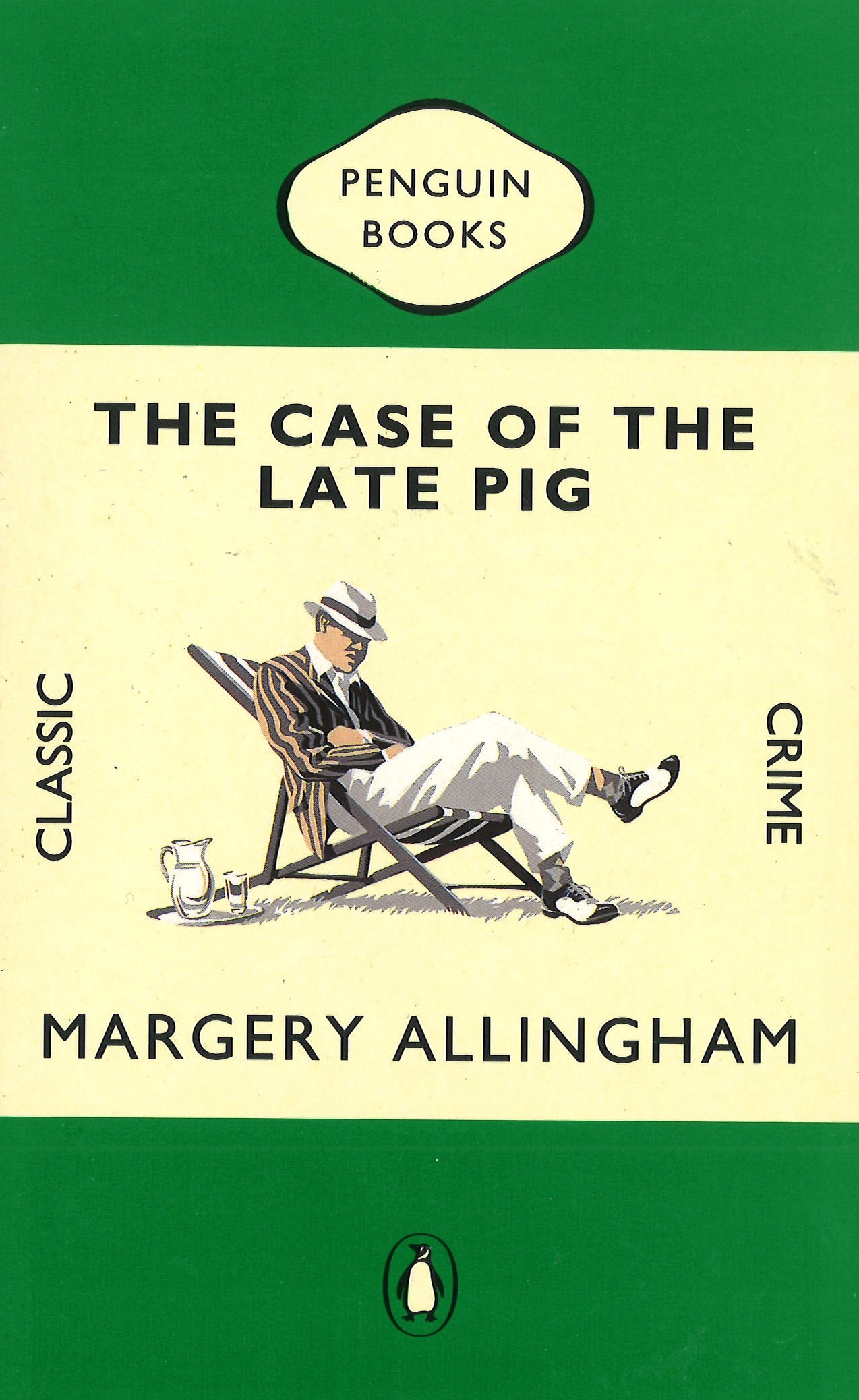
![]()
![]()
![]()
![]()
![]()
Let those who lament the — vastly overstated — train fixation of Freeman Wills Crofts take note: Tokyo Express (1958) by Seichō Matsumoto contains so much red-hot timetabling action that I half expected it to be written by someone called Bradshaw. And it’s fitting perhaps that such a small, quiet crime — a double suicide on a gloomy beach — should result in a quiet and low-key investigation, but for me there needs to be a little more to show for all the hours spent looking at the precise movements of trains, ferries, and more. The essential culmination of this is clever, but the route we take to get there could have used a few faster, twistier sections of track.








 The Guggenheim Mystery is almost a piece of mystery metafiction in itself: the title was discovered among Siobhan Dowd’s papers following her untimely death in 2007, implying its intention as the follow-up to her impossible disappearance novel for younger readers, The London Eye Mystery (2007)…but no more was known. It fell to Robin Stevens to puzzle out a plot from these waifish beginnings and so continue the adventures of Ted Spark, his sister Kat, and their cousin Salim. So here we are — a painting disappears from the eponymous art gallery, the police jump on the most likely suspect, and it falls to this intrepid trio to hunt out the truth, recover the painting, and save the day.
The Guggenheim Mystery is almost a piece of mystery metafiction in itself: the title was discovered among Siobhan Dowd’s papers following her untimely death in 2007, implying its intention as the follow-up to her impossible disappearance novel for younger readers, The London Eye Mystery (2007)…but no more was known. It fell to Robin Stevens to puzzle out a plot from these waifish beginnings and so continue the adventures of Ted Spark, his sister Kat, and their cousin Salim. So here we are — a painting disappears from the eponymous art gallery, the police jump on the most likely suspect, and it falls to this intrepid trio to hunt out the truth, recover the painting, and save the day.